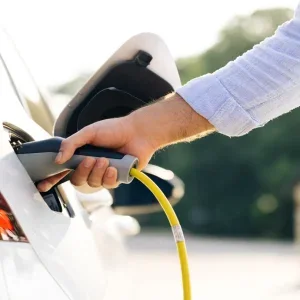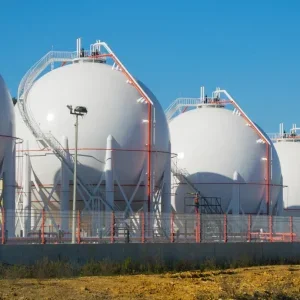
The Greensand carbon capture and storage (CCS) project consortium comprising Ineos Oil & Gas Denmark, Wintershall Dea and Maersk Drilling has secured DNV GL’s certification of feasibility for the storage of CO2 at the Nini West reservoir in the Danish North Sea.
The DNV GL’s Carbon Capture and Storage certification mark the completion of the first validation phase of the Project Greensand.
Maersk Drilling Innovation Head Marika Reis said: “As part of the next phase of validation, we will be applying DNV GL’s certification scopes for suitability of the CO2 injection well design and well construction process.”
By reusing discontinued offshore oil fields, the Project Greensand aims to develop the capacity that would deliver a significant part of Denmark’s CO2 reduction target.
With the certification, DNV GL confirmed that the Nini West field is conceptually suitable for injection and storage of 0.45 million tonnes CO2 per year per well for 10 years, while the subsea reservoir can hold the CO2 in compressed form.
By 2030, Project Greensand aims to store 3.5m tonnes of CO2 per year
With the first well planned to be ready for injection from the Nini platform in 2025, the Project Greensand consortium aims to store around 3.5 million tonnes of CO2 per year before 2030.
As a project research partner, the Geological Survey of Denmark and Greenland (GEUS) is currently undertaking laboratory experiments of core material from the actual Nini West reservoir.
The Project Greensand is expected to provide important learnings on the offshore drilling rigs and capabilities usage to repurpose existing oil wells for injection of CO2, Maersk Drilling said.
Wintershall Dea Technology & Innovation SVP Klaus Langemann said: “The Greensand project will further advance Wintershall Dea’s understanding of CCS projects, thus, we are pleased to see the positive outcome of the study which states that there are no showstoppers for futher investigating the storage of CO2.
“We are looking forward to further cooperate with the project partners for the next phase and are glad to contribute to a project with the potential to mitigate CO2 emissions in Denmark.”






